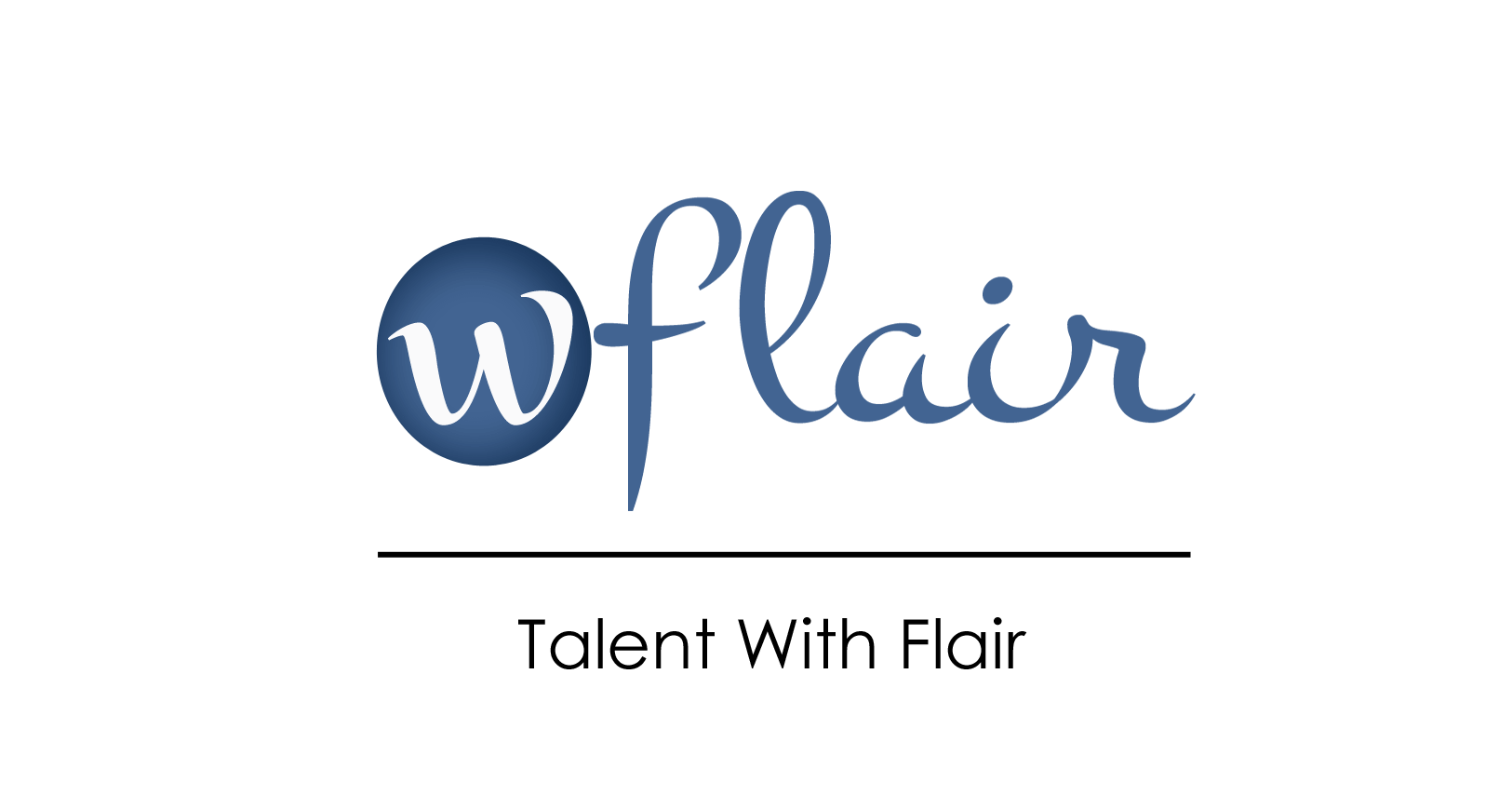
Medical coding plays a crucial role in the healthcare industry, serving as the backbone of medical records and billing processes. It involves translating healthcare diagnoses, procedures, and services into universally recognized alphanumeric codes. This meticulous task requires precision, attention to detail, and a thorough understanding of medical terminologies. If you’re considering a career in medical coding, here’s everything you need to know to get started on this fulfilling career path.
What is Medical Coding?
Medical coding is the transformation of healthcare diagnoses, procedures, medical services, and equipment into universal alphanumeric codes. These codes are used for various purposes, including insurance reimbursement, maintaining patient records, and statistical analysis.
Importance of Medical Coding:
Accurate medical coding is essential for several reasons:
Insurance Reimbursement:
Proper coding ensures that healthcare providers receive reimbursement from insurance companies for the services rendered to patients.Patient Records:
Coded information forms an integral part of patient records, aiding in future treatments and healthcare decisions.Statistical Analysis:
Coded data is used for medical research, healthcare planning, and policy making.
Steps To Become a Medical Coder:
Education and Training:
Pursue a formal education in medical coding. Many accredited institutions offer certificate programs or associate degrees in medical coding and billing. Online courses are also available for flexibility.
Certification:
Obtain professional certification. While not always mandatory, earning credentials such as Certified Professional Coder (CPC) or Certified Coding Specialist (CCS) demonstrates competence and enhances job prospects.
Gain Experience:
Gain practical experience through internships, externships, or entry-level positions in healthcare facilities. Practical exposure helps in applying theoretical knowledge to real-world scenarios.
Stay Updated:
Medical coding guidelines and regulations often change. Stay updated with the latest changes in healthcare coding systems and regulations to ensure accurate coding practices.
Skills Required for Medical Coding:
Attention to Detail:
Precision is crucial in assigning accurate codes to medical procedures and diagnoses.
Analytical Skills:
Ability to analyze complex medical records and apply correct codes.Medical Terminology:
Proficiency in medical terminology and anatomy is essential for accurate coding.Ethical Standards:
Upholding ethical standards and confidentiality in handling patient information.
Virtual Dedicated Medical Billers from Wflair:
Wflair offers dedicated virtual employees specialized in medical billing and coding. Healthcare organizations can hire dedicated employees from Wflair to streamline their medical processes. These skilled professionals are well-versed in coding standards, ensuring accuracy and compliance with healthcare regulations. By outsourcing medical billing and coding to Wflair, healthcare facilities can enhance efficiency, reduce errors, and focus more on patient care.
Career Prospects in Medical Coding:
The demand for medical coders is expected to grow significantly due to the evolving healthcare landscape and the increasing reliance on electronic health records. According to the Bureau of Labor Statistics, employment of medical records and health information technicians, including medical coders, is projected to grow faster than average.
Conclusion:
Becoming a medical coder requires a blend of education, certification, practical experience, and ongoing commitment to staying updated with industry changes. With the vital role they play in healthcare operations, skilled medical coders are in high demand. Consider pursuing this rewarding career path and explore opportunities to contribute to the efficiency and accuracy of healthcare systems.
For healthcare organizations seeking reliable and proficient medical coding services, Wflair’s dedicated virtual employees offer expertise in streamlining medical billing and coding processes, ensuring adherence to coding standards and regulatory compliance.
In conclusion, embarking on a career in medical coding opens doors to a fulfilling profession within the healthcare industry, contributing significantly to the accuracy and efficiency of medical operations.
